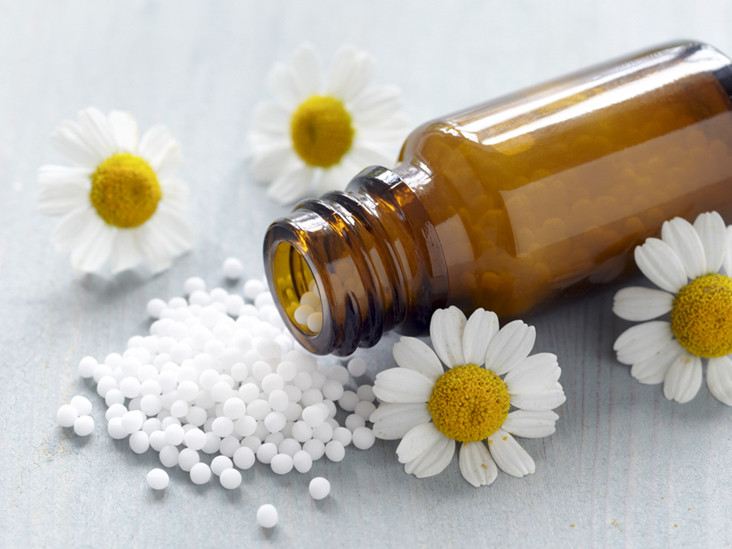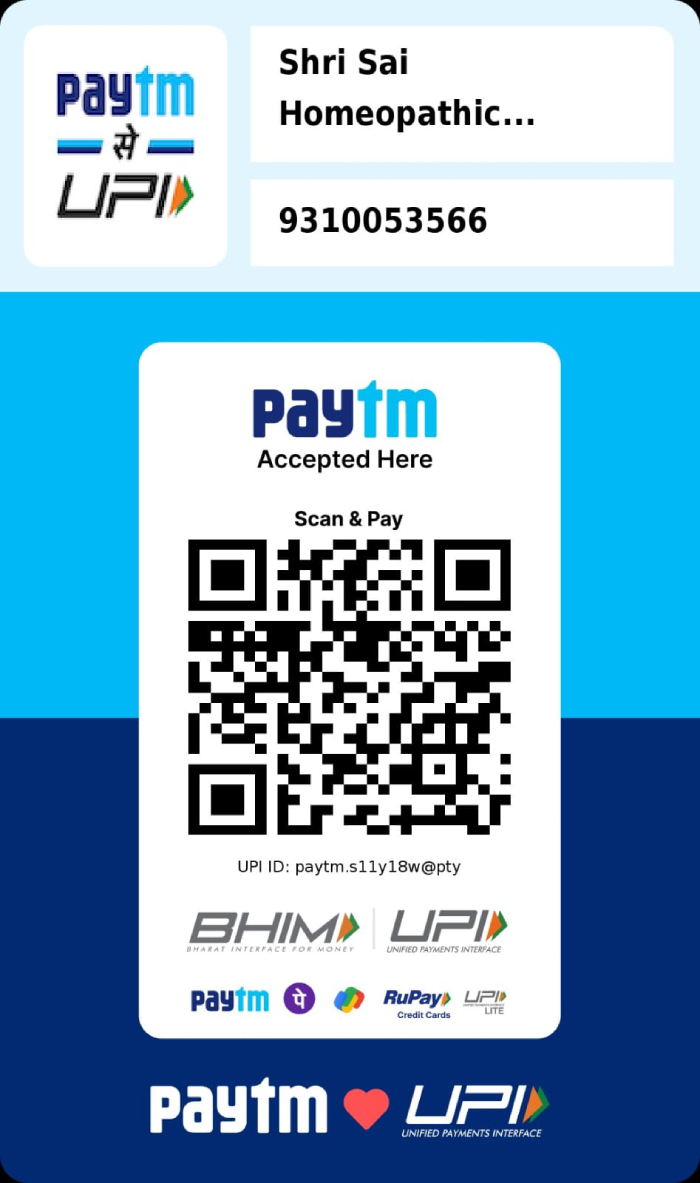- Customer Care +91 8800900271
- About Us
- Contact Us
- Sell Your Brand
- International Orders
- Disease
- Homoeopathy
- Willmar Schwabe Germany
- SBL
- REPL
- Dr. Reckeweg
- Willmar Schwabe India
- Bakson's
- Hapdco
- Lords
- Allen
- B Jain
- Adven
- Dr. Wellmans
- Indo German
- Medisynth
- Wheezal
- Adel
- HSL
- New Life
- Bioforce
- JVS
- Hahnemann Laboratory (HL) Calcutta
- Bios Laboratory (BL)
- Parul Homoeo Laboratories (PHL)
- Allen Calcutta
- Bhandari
- Dr. Bhargava
- PHBL
- SSL
- Dr Vijay's
- Natcure
- Kent Pharmaceuticals
- Similia
- Ralson
- St. George
- SHL
- Burnette's Homoeopathy
- Purusottam Homeo Bikas Laboratory (PHBL)
- Father Muller Pharmaceuicals
- National Homoeo Laboratory
- EL Dr. Lal Singh Expertise
- Dr Patel's
- Bangalore Bio-Plasgens (BBP)
- Boericke Research Laboratory (BRL)
- Ayurveda
- Unani
- Health & Fitness
- Books
- Veterinary
- Online Consultation
- International Orders


Solve Your Queries About Homoeopathy.

- By: Dr Rijul Jussal
- Category: Homoeopathy
- May 05, 2021
Homoeopathic system of medicine has been long practised in India by thousands of practitioners. Yet, there are people who have many doubts and myths about this system. This article aims to clear some of these doubts.
Homoeopathy is a natural method of treatment, aimed at curing the suffering of the patient through a medicine that possesses the power of producing a similar artificial suffering in the healthy human beings. It is based on natural law of healing ‘Similia Similibus Curentur’ which means ‘let likes be treated by likes’.
Homoeopathy is based on experimental, pharmacological and clinical data. Over the years, homoeopathic medicines have been extensively studied for their efficacy in a variety of indications. Various researches, as per the internationally accepted standards, have been carried out to prove the scientific basis of this science. There is, consequentially, enough scientific evidence that makes Homoeopathy not only a proven science, but also effective, subtle and harmless way of treatment.
Fun fact: Even the term ‘Allopathy’ was coined by the founder of Homoeopathy, Dr. Samuel Hahnemann, whom allopaths regard as founder of pharmacology.
The pace of action of homoeopathic medicines depends upon many factors, like:
- If the disease is of recent origin like acute cases of infection, fever, cold etc., the cure is achieved within a short period.
- In long standing cases, it takes more time to achieve complete cure. Most people recourse to Homoeopathy in chronic conditions, e.g., Arthritis, asthma, psoriasis etc., which take a long time to treat with any system of medicine.
- Homoeopathic medicines are initially prepared in dilution.
- The sugar of milk (powder) and the pills are the media for dispensing the homoeopathic medicine by putting a few drops of the medicine in them.
- These pills are only the vehicles to carry the actual medicine.
- Even though the content of the different phials look alike, the medicines in those phials vary from one another.
- It is not true. Onion, garlic, tea, coffee, paan, alcohol, tobacco, perfumes etc. will not negate the effects of all homoeopathic medicines.
- Those substances which have neutralising effects on specific medicines should preferably be avoided while using those medicine. For example, tea and raw onion diminish action of a homoeopathic drug, Thuja occ. and use of camphor is contra-indicated in most medicines.
- Homoeopathic medicines should be taken on clean tongue and intake of any strong-smelling substance should not be taken within half an hour before and after the administration of medicine.
- Yes, diabetics can take the pills since the amount of sugar in the homoeopathically-medicated globules is negligible.
- In severely affected diabetics, or for long homoeopathic treatment of diabetics, the homoeopathic medicines can be given in distilled water also.
- Nothing of medicinal nature is permissible while taking homoeopathic medicines. But in many cases, it is observed that certain patients after continuing allopathic medicines for a long time, become drug-dependant. When they give up those medicines abruptly and resort to homoeopathic medicines alone, there are chances of adverse reactions.
- Instead of withdrawing the allopathic medicines suddenly, the doses of allopathic or any other medicine can be gradually tapered, along with appropriate administration of homoeopathic medicines.
- If a patient on homoeopathic treatment develops certain emergency condition which warrants immediate attention and is not controllable by the homoeopathic medicines, then he can take allopathic medicines.
- Once such emergency situation is controlled, he can resume homeopathic treatment.
- There are no expiry dates for homoeopathic medicines, yet the medicated globules may be rejected when their white colour changes.
- If the medicine is in liquid form, then a change in its colour or appearance of some sediments in the liquid would mean it is time for discarding the medicine.
- It is advisable to store homoeopathic medicines in a dry, cool place and away from direct sunlight.
- Where the patient is lacking a vital organ, e.g., in a patient whose spleen has been removed, Homoeopathy can palliate the suffering from time to time, but cannot cure completely.
- In cases where surgery is unavoidable, e.g., congenital defects, such as Cleft palate, Mitral stenosis, etc.
- Cases with irreversible or advanced organic changes, e.g., complete optic atrophy, advanced pulmonary tuberculosis etc.
There is absolutely no age limit for taking a wise decision. The same goes for taking your first step towards Homoeopathy. No matter the age or past medical record, Homoeopathy has got something to offer to every ailing being. Visit your nearest qualified Homoeopathic doctor now.
Get the Latest Updates Blog
 Click here to Pay
Click here to Pay

Please send the screenshot at 880 090 0271

